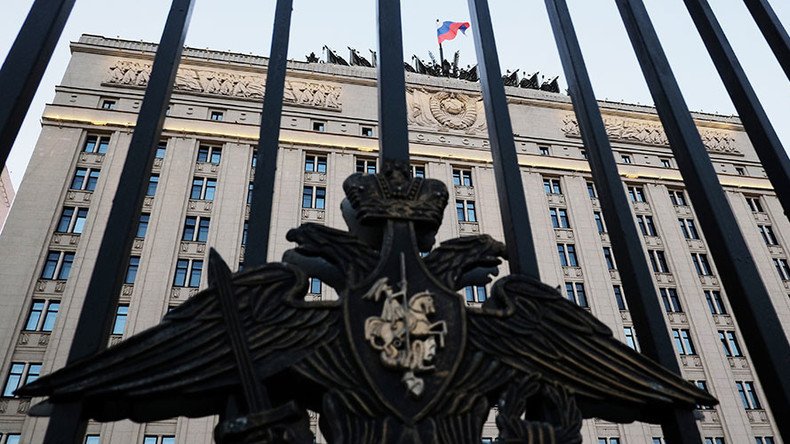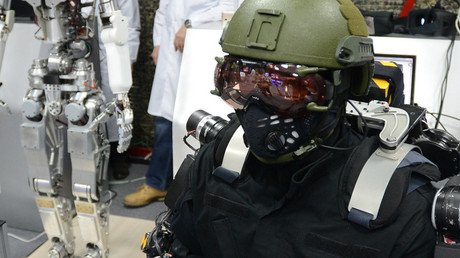Army’s brain: Russia’s ‘colossal’ supercomputer helps predict wars, defense minister says

A “colossally powerful” supercomputer installed at Russia’s military headquarters helps the country’s armed forces tackle emerging threats by analyzing previous conflicts, such as the Yugoslavian war and the like, Defense Minister Sergey Shoigu said.
The supercomputer is a key part of the headquarters’ IT infrastructure and is so powerful that the military uses less than half of its capacity, Shoigu told Rossiya 24 TV channel, which filmed a documentary about Russia’s National Defense Management Center (NDMC).
“It has open architecture – you can add or remove specific elements, build up, increase and expand its capacities, it has plenty of them,” the minister said.
The center’s supercomputer was designed to predict the development of current or future wars by analyzing the current security environment and drawing conclusions from past conflicts. It not only stores data on all major wars and conflicts, but also helps predict upcoming ones, Shoigu explained.
“Take the Yugoslavia war, for example. It was a large-scale NATO operation. Their naval buildup, missile deployments, locations and distances were all subject to the analysis,” he went on.
“And, if the machine will tell us that this or that situation is 90 percent similar to what happened in Serbia, then we will know that this is likely to happen again, and take appropriate measures,” Shoigu said.
The supercomputer has a storage capacity of 236 petabytes, or 236,000 terabytes, according to Rossiya 24. Shoigu told RIA Novosti in 2014 when the HQ was inaugurated that its storage capacity exceeds that of the Pentagon 19-fold.
He added that the giant machine can process “50 Russian State Libraries [worth of data] per second,” referring to the country’s largest library with its collection of over 17 million books, making it the fourth largest in the world.
The NDMC is the Russian military’s highest command-and-control hub. According to open sources, it connects all army units, overseas facilities, and the General Staff into one ecosystem, while providing tremendous situational awareness for commanders.













